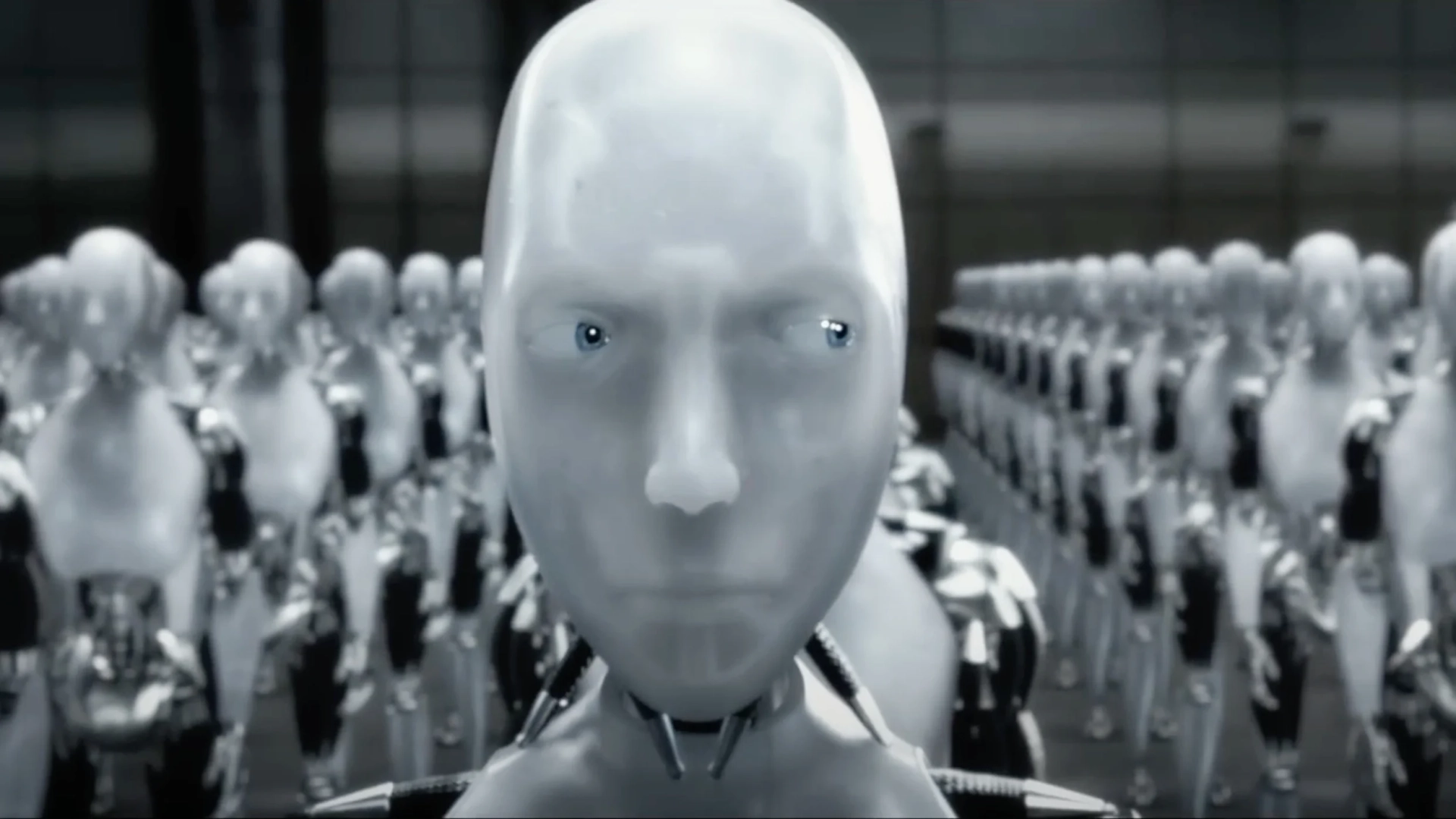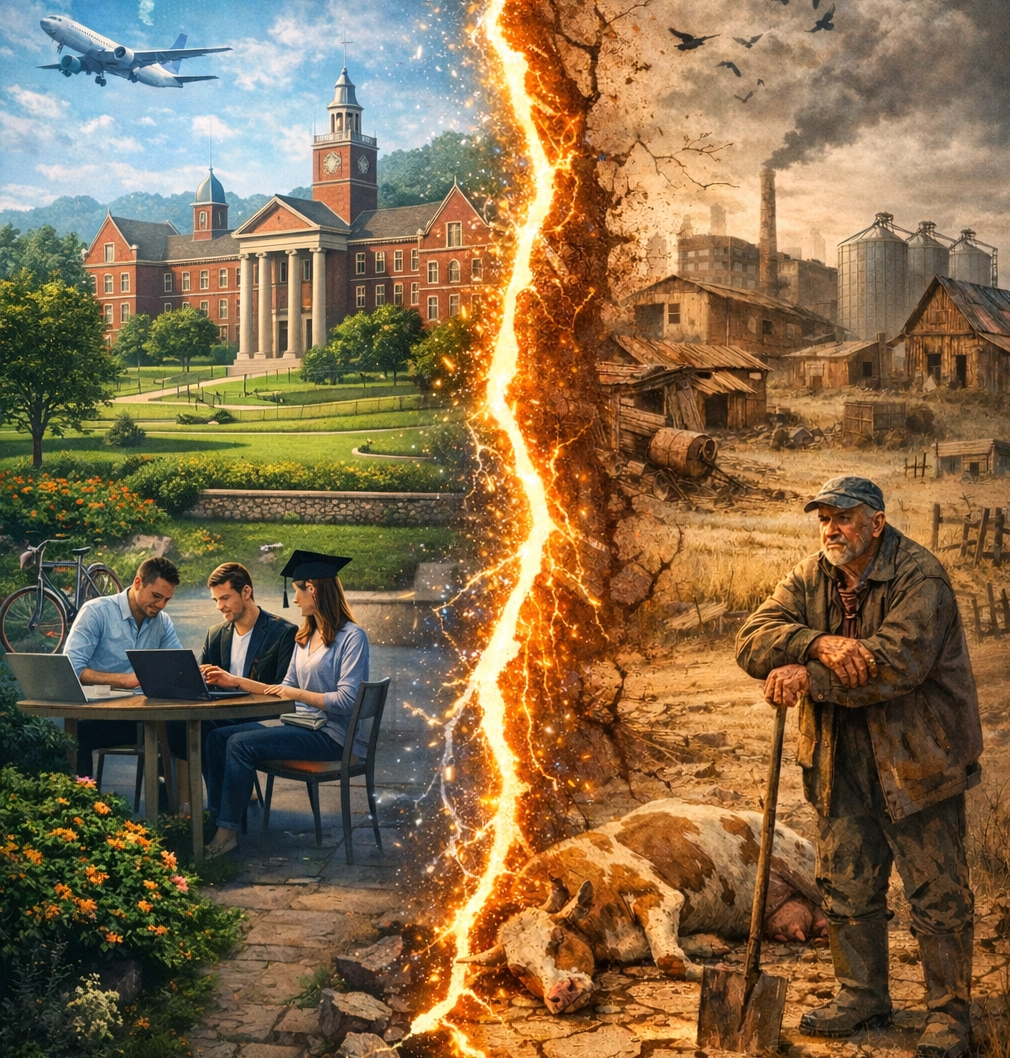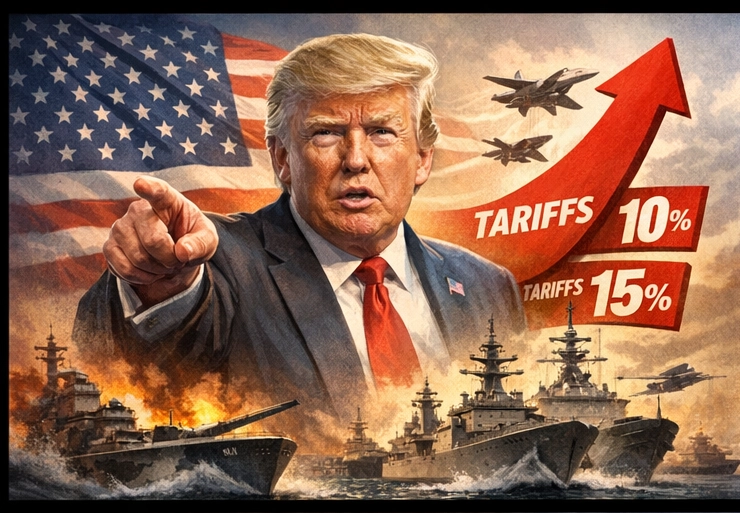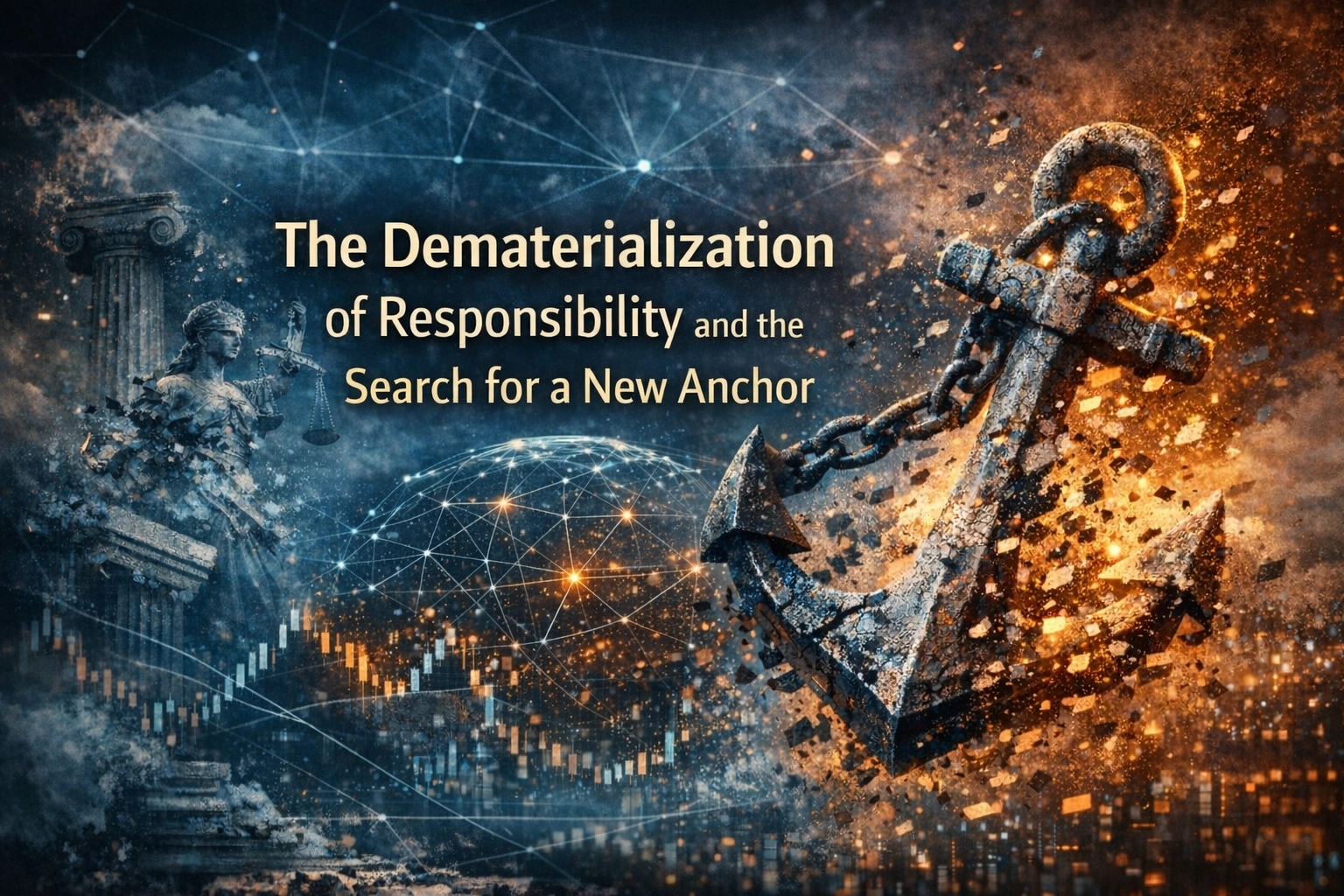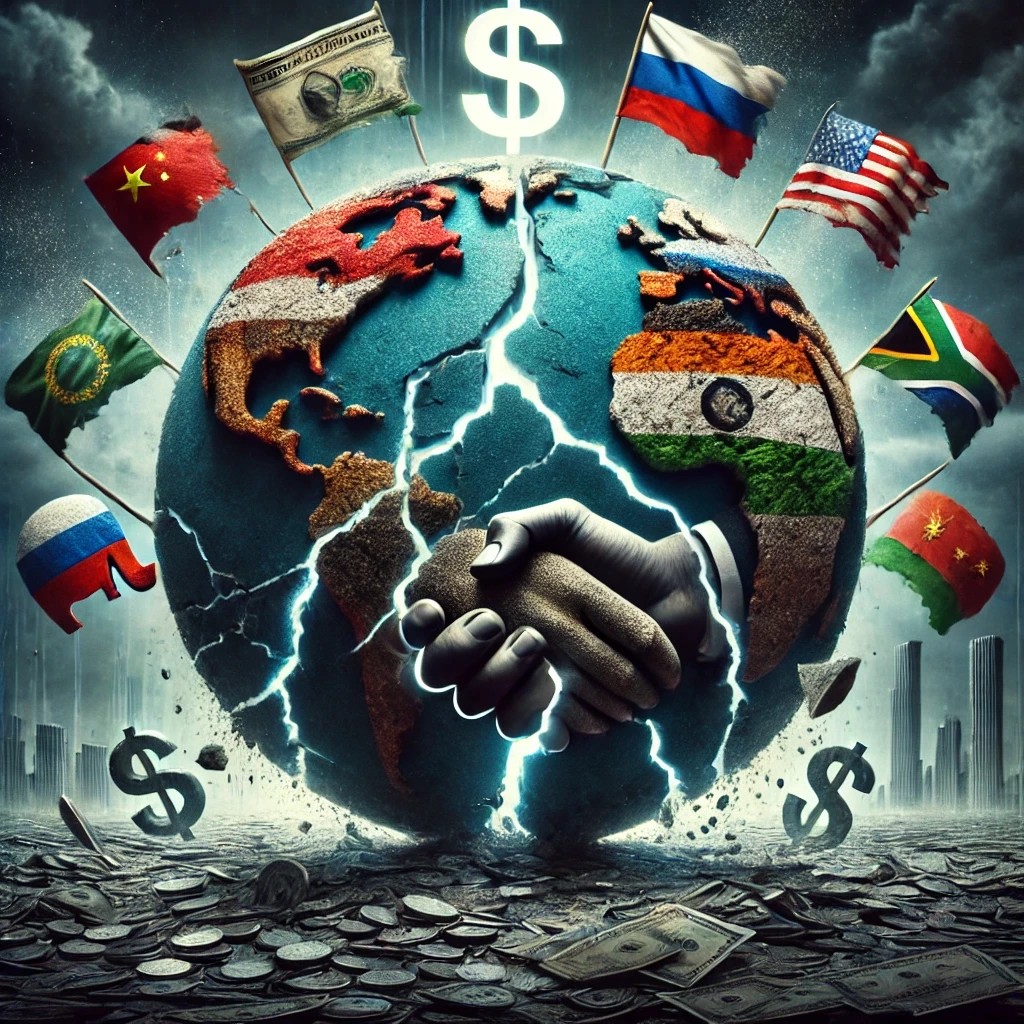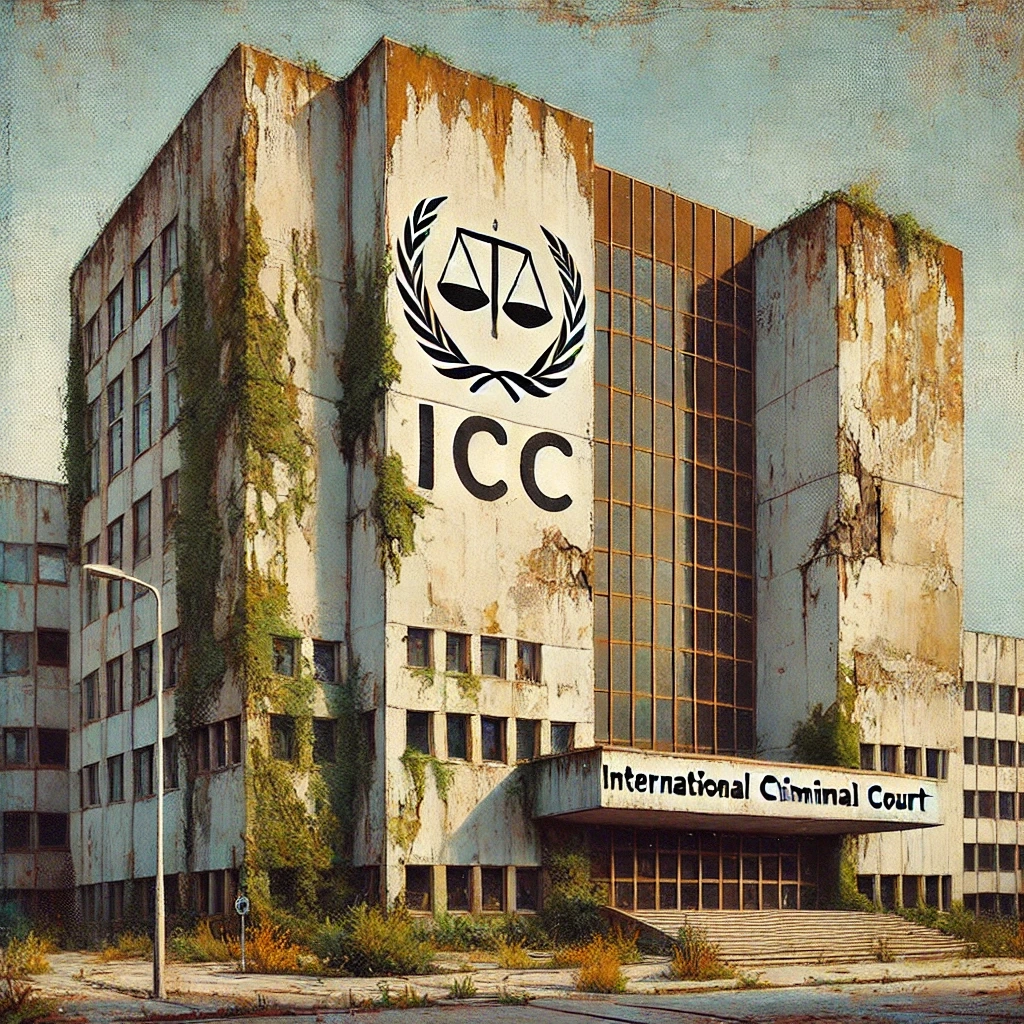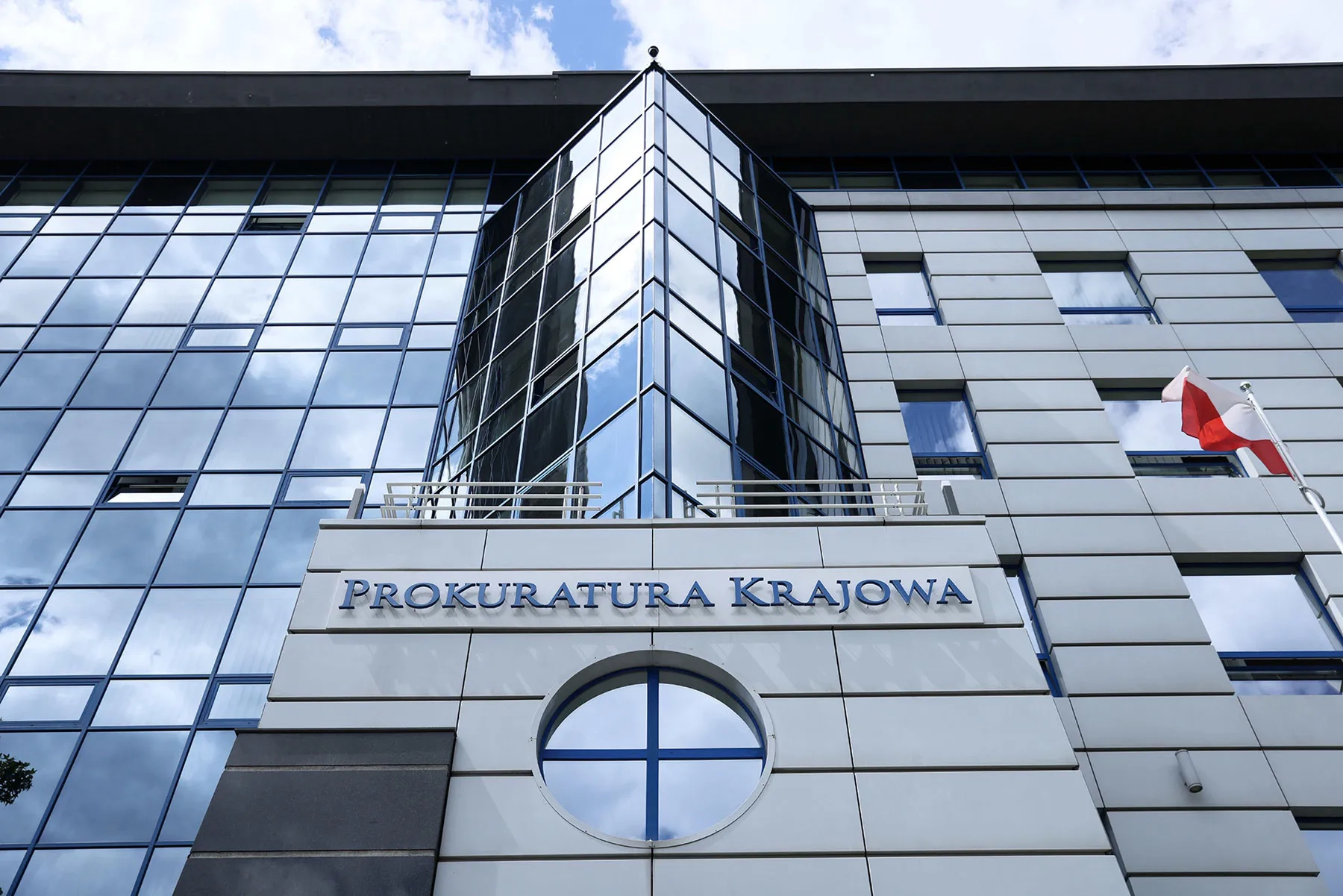When 300 kg of meat becomes a national security threat
In the United States, low-income families receive food stamps. In Germany, people facing hardship can turn to food banks like Tafel. But in Belarus? If you’re hungry and steal some meat — you get a full-blown police operation with riot squads, surveillance, and national headlines.
Recently in the Vitebsk region, 11 people were arrested after allegedly stealing around 300 kilograms of meat products. Not weapons. Not cash. Not anything you'd expect to warrant a coordinated special operation. Just food. For their families.
To understand the “scale” of the crime: a standard Belarusian pig weighs around 150 kg, so we're talking about the equivalent of two pigs. For reference, a full-grown Yorkshire or Duroc pig raised abroad can weigh up to 380 kg — more than the entire haul in question.
You could fit all 300 kg into the trunk of a Volkswagen Golf or Toyota Corolla. This wasn’t an organized heist with trucks or warehouses. It was a desperate act that could have been carried out with one family car.
Split 300 kg among 11 people and it comes out to about 27 kg per person — not even enough to fill a standard freezer at home.
Let’s talk money. Pork in Belarus costs around $5 per kilogram. That makes the total value of the stolen meat about $1,350, or roughly $135 per family. For that, the Belarusian state launched a special operation involving the Financial Police (OBEP), surveillance teams, and a tactical OMON unit — the local equivalent of a SWAT team.
What Did This Cost Taxpayers?
How much did this operation cost Belarusian citizens? The salaries of police planners, field agents, and OMON officers. The cost of fuel, equipment, and logistics. All for a theft worth barely over a thousand dollars. One suspects the post-operation barbecue celebrating this “victory” may have cost nearly as much.
But this isn’t just about inefficiency. It’s about priorities. In a country where millions of dollars vanish into offshore accounts each year, and elite land is handed out for free to insiders, the state chooses to prosecute the poor for trying to eat.
This happened not in some impoverished corner of the world — but in the heart of Europe. Just a few hours’ flight from Paris or Berlin. Cities where hunger is treated as a social issue, not a criminal one.
What Social Support Looks Like Elsewhere
In the U.S., a low-income family of four can receive up to $800 per month in food assistance through the Supplemental Nutrition Assistance Program (SNAP). At wholesale prices, that’s enough to buy roughly 150 kilograms of pork.
That means two American families could purchase 300 kilograms of meat in a single month — the same amount that triggered a special operation with riot police in Belarus.
In one country, the state helps the poor put food on the table.
In the other, it sends in the SWAT team.
That’s the difference between a social state and a punitive state.
A System in Decay
After 30 years of authoritarian rule, Belarus has spiraled into deeper chaos than it faced after the collapse of the Soviet Union. The economy is wrecked. Factories stand idle. Villages are dying. Young people are fleeing. The state has morphed into a machine that punishes its citizens simply for trying to survive.
I once asked my friend Wong — a Malaysian businessman whose parents fled famine in China decades ago — about his experience doing business in Kuala Lumpur. He deals in rare and expensive cars, catering to the ultra-wealthy. In 30 years, he told me, he’s never once had a visit from the tax police. No masked agents. No inspections. Nothing.
I didn’t believe him — until I asked the man who built modern Malaysia: Dr. Mahathir Mohamad. As Prime Minister, he led the transformation of a country that once had little infrastructure, poor education, and deep ethnic divisions.
“Why don’t you have armies of inspectors like we do?” I asked. “In Belarus, they’d camp out for months at the Hi-Tech Park I helped build.”
He replied calmly: “Why would we need that? Even if some people underpay taxes, they still live here. They build homes, raise children, spend money, and take care of their families. The state doesn’t need to help them — they help themselves.”
Two Countries. Two Futures.
Thirty years ago, Belarus and Malaysia had similar GDP levels. But Belarus had more: a skilled labor force, strong industry, top scientists. Malaysia? No major factories, no research institutes, barely any universities. But it had one thing Belarus lacked — vision.
Today, Malaysia’s economy stands at $415 billion (or $1.2 trillion by purchasing power). Belarus? Stuck at $70 billion, slowly fading from a nation into a map reference.
One country built its future by investing in people.
The other — built fear.
So now, in Belarus, it’s not tech real criminals who are hunted. It’s the hungry. The people with 27 kilos of pork in a car trunk. Because that’s what it means to live under a regime that sees survival itself as a threat.
